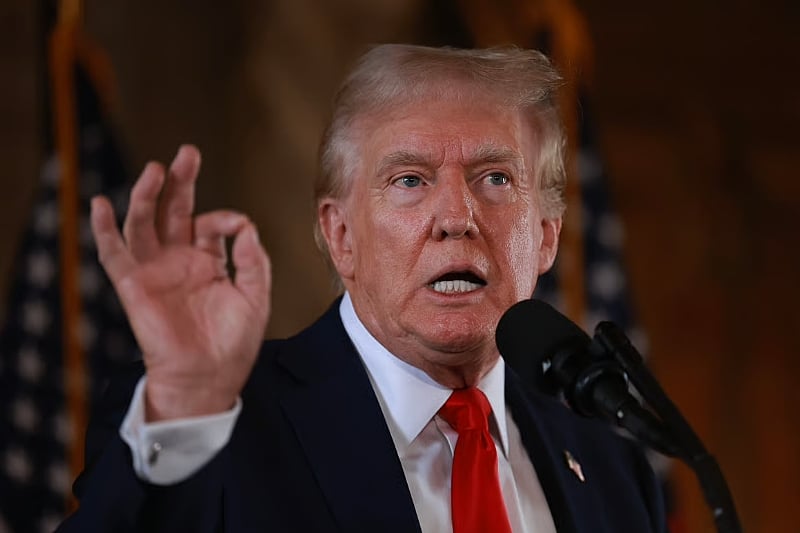The Trump administration’s proposed travel restrictions on citizens from 36 countries represent a significant escalation of the former president’s hardline immigration policies. Leaked internal documents reveal a sweeping initiative targeting nations primarily in Africa, but also encompassing countries in the Caribbean, Asia, and the Pacific Islands. The administration cites security concerns and inadequate documentation practices as the primary justification for these measures, alleging a lack of reliable identity documents and high rates of visa violations from these nations. This move signals a renewed focus on restricting immigration and reinforces the administration’s commitment to strengthening border security and internal enforcement. The aggressive timeline and the breadth of the restrictions have drawn sharp criticism from lawmakers and civil liberties organizations, raising concerns about potential discrimination and the impact on diplomatic relations.
The core of the administration’s argument centers on the purported inability of these countries to meet U.S. security standards. The memo specifically points to the absence of a “credible central authority” capable of issuing trustworthy identity documents, raising doubts about the authenticity and reliability of passports and other identification from these nations. Coupled with the alleged high incidence of visa overstays and violations by citizens of these countries, the administration portrays these deficiencies as posing a significant risk to national security. This framing allows them to justify restrictive measures as a necessary step to protect the United States from potential threats, echoing the rhetoric used to justify previous travel bans and immigration restrictions.
However, the leaked memo also reveals a potential bargaining chip: countries facing potential travel sanctions can avoid or mitigate these measures by agreeing to accept third-country nationals deported from the United States. This condition introduces a transactional element to the proposed restrictions, hinting at a strategy to leverage travel bans as a means to achieve other policy goals. Critics argue that this approach risks exploiting vulnerable nations and using immigration policy as a tool for coercion, potentially undermining international cooperation and exacerbating existing tensions. It raises questions about the true motivation behind the restrictions and whether security concerns are the sole driving force.
The list of targeted countries encompasses a geographically diverse group, with a significant concentration in Africa. Included among them are several key U.S. allies and partners, such as Egypt and Djibouti, countries with whom the United States maintains important security and economic relationships. The inclusion of these nations underscores the potentially far-reaching consequences of the proposed restrictions, threatening to strain diplomatic ties and disrupt existing collaborations. The presence of smaller Caribbean island nations, Asian countries, and Pacific Island states further broadens the scope of the ban, highlighting the global reach of the administration’s immigration crackdown.
The rapid timeline for compliance outlined in the leaked memo further intensifies the pressure on affected countries. Governments have been given a mere 60 days to demonstrate their adherence to the new requirements, a timeframe that many consider unrealistic and burdensome. This compressed schedule raises concerns about due process and fairness, limiting the ability of these nations to adequately address the stated concerns and potentially leading to hasty and ill-considered responses. The uncertainty surrounding the immediate consequences of non-compliance adds another layer of anxiety, leaving governments scrambling to formulate action plans and navigate the complex and evolving landscape of U.S. immigration policy.
This latest move by the Trump administration represents a continuation and intensification of his administration’s hardline stance on immigration. Building on previous travel bans and restrictive measures, the proposed expansion of travel restrictions signals an unwavering commitment to a restrictive immigration agenda. The scope and speed of these actions have alarmed civil liberties groups, who argue that they disproportionately impact specific regions and populations, potentially amounting to discriminatory practices. Moreover, the potential for diplomatic fallout and the erosion of international partnerships represent significant concerns, raising questions about the long-term implications of these policies on U.S. foreign relations and global stability.


